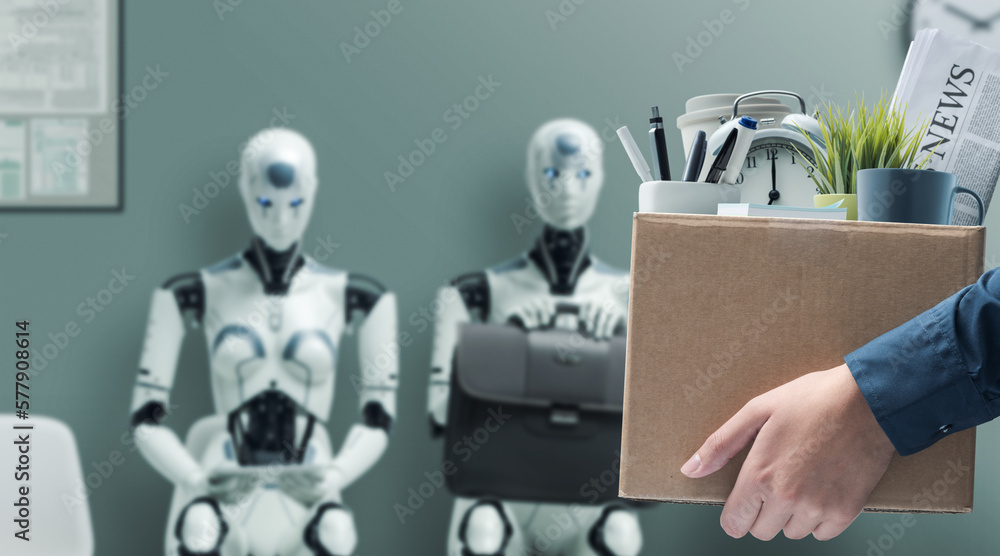
The tech sector has greeted 2024 with a paradoxical trend: a surge in artificial intelligence (AI) investments amidst a wave of job cuts. This juxtaposition is not just a fleeting moment but a harbinger of a reshaped business landscape, where AI’s role is both celebrated and scrutinized.
The tech industry’s layoff figures are staggering, with Layoffs.fyi reporting some 262,682 job cuts in 2023, following 164,969 the previous year.In less than two weeks into the new year of 2024, more than 5,500 tech employees have faced layoffs. Big Tech giants like Google and Amazon have made headlines with significant workforce reductions, despite their recent multi-billion-dollar investments into AI startup Anthropic. Discord, Unity Software, and Duolingo have also joined the list of companies reducing their headcount. The pandemic-induced hiring boom has recoiled, leaving many to wonder about the role AI has played in this shift.
Roger Lee, the founder of Layoffs.fyi, attributes the layoffs to an overcorrection from the pandemic hiring surge. Yet, he notes an increasing trend of tech companies citing AI as a reason for layoffs. Indeed, the likes of Chegg, IBM, Dropbox, Duolingo, and even Google have pointed to AI as a catalyst for reallocating resources and rethinking staffing needs.
The potential impact of AI on the job market is profound. Goldman Sachs economists have forecasted that up to 300 million full-time jobs worldwide could be affected by generative AI technology, with white-collar workers facing the highest risk. Research also suggests that women’s jobs may be disproportionately affected by the adoption of AI.Lawmakers have raised concerns about the disproportionate effects of tech layoffs on minority communities and women. A group of Black lawmakers has urged the Department of Labor to closely monitor these layoffs and protect the most vulnerable workers.

The human cost of these layoffs is not lost on labor advocates and lawmakers. Parul Koul, a Google software engineer and president of the Alphabet Workers Union, criticized the recent layoffs as ‘unnecessary and counterproductive,’ highlighting the instability they introduce and the anxiety they create among remaining employees. Google, on its part, claims the cuts are meant to enhance team efficiency and pledges support for those impacted.
As AI continues to advance, it’s clear that the tech sector is at a crossroads. The industry must navigate the delicate balance between harnessing AI’s potential and safeguarding human jobs. In the customer service realm, despite the rise of chatbots and automated systems, the human touch remains preferred by many. This preference underscores the importance of balancing AI’s efficiency with the irreplaceable value of human interaction.While AI may not eliminate jobs entirely, it will undoubtedly transform the job market. Employees will need to adapt, reskill, and remain agile in the face of these technological shifts.
The tech sector’s journey with AI is a microcosm of the broader challenges facing the global workforce. As we venture further into the AI era, the question remains: How can we ensure that the march of technology benefits all, not just a select few?
Related posts:
The tech sector is pouring billions of dollars into AI. But it keeps laying off humans
The tech sector is pouring billions of dollars into AI. But it keeps laying off humans
AI Will Not Eliminate Jobs





